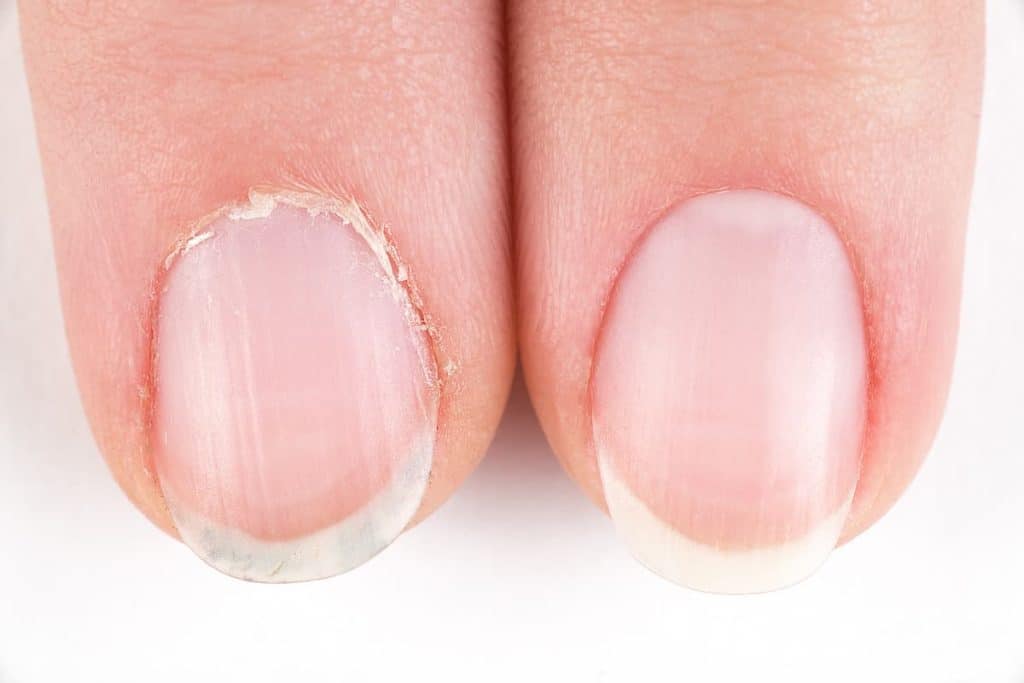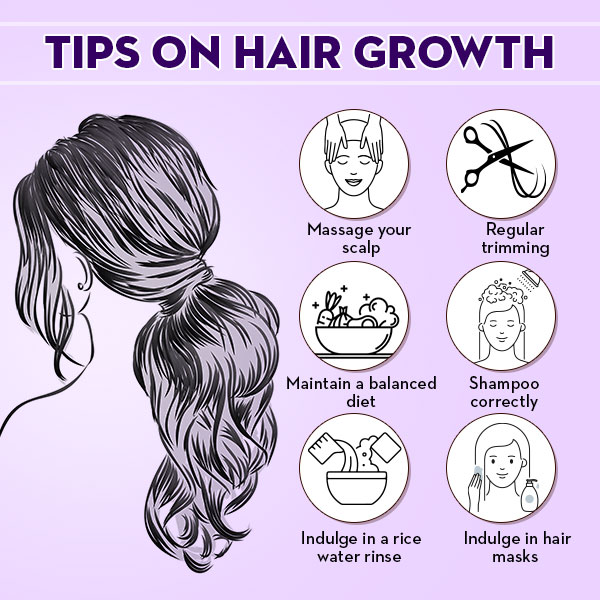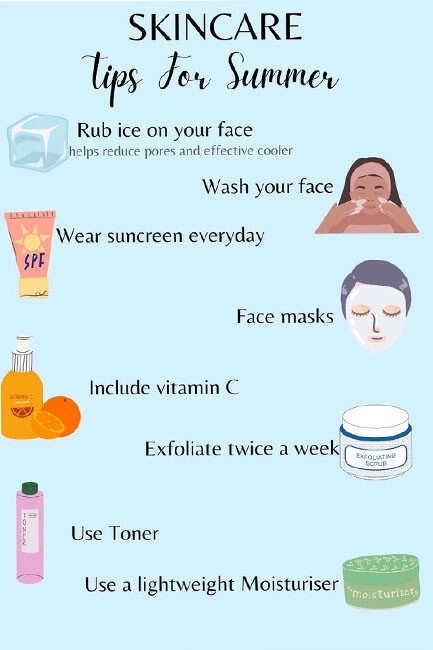Hobe Labs, Energizer™, Treatment Shampoo, For Thicker, Fuller, Healthier Hair
Oily hair can be a frustrating issue for many people. It can make your hair look dull, greasy, and unmanageable, and can also contribute to problems like dandruff and acne on the scalp. While it may seem counterintuitive, washing oily hair more frequently can actually help to manage these issues and keep your hair looking and feeling healthy.
When you have oily hair, the sebaceous glands on your scalp produce more oil than necessary, which can lead to a buildup of oil and dirt on the hair and scalp. This buildup can contribute to problems like dandruff, as well as bacterial and fungal infections on the scalp. Washing your hair more frequently can help to remove this buildup and keep your scalp and hair clean.
However, it is important to note that washing your hair too frequently can also have negative effects. Over-washing can strip the scalp and hair of natural oils, which can lead to dryness, itching, and irritation. It can also cause the scalp to produce even more oil to compensate for the loss of natural oils, leading to even greasier hair.
To strike the right balance, it is generally recommended that people with oily hair wash their hair every other day, or even every day if necessary. However, the frequency of washing may also depend on factors like hair type, lifestyle, and environmental factors.
When washing oily hair, it is important to use a gentle, sulfate-free shampoo that is specifically formulated for oily hair. These shampoos are designed to remove excess oil and dirt without stripping the hair of natural oils. Look for shampoos that contain ingredients like tea tree oil, which has anti fungal and antibacterial properties, and salicylic acid, which can help to exfoliate the scalp and remove buildup.
It is also important to avoid using hot water when washing your hair, as this can stimulate the scalp to produce more oil. Instead, use lukewarm or cool water to rinse your hair, which can help to close the hair cuticles and prevent frizz.
After washing your hair, it is important to avoid using heavy styling products, which can contribute to oily hair. Instead, opt for lightweight styling products that are specifically formulated for oily hair, such as volumizing mousses or texturizing sprays. These products can help to add volume and texture to your hair without weighing it down.
In addition to washing your hair more frequently, there are other steps you can take to manage oily hair. For example, you can try using dry shampoo between washes to absorb excess oil and refresh your hair. You can also experiment with different hairstyles, such as braids or updos, that can help to disguise oily hair.
Overall, washing oily hair more frequently can be an effective way to manage oily hair and keep it looking and feeling healthy. However, it is important to strike the right balance and avoid over-washing, which can have negative effects. By using a gentle shampoo, avoiding hot water, and using lightweight styling products, you can help to manage oily hair and achieve the healthy, vibrant hair you desire.

:max_bytes(150000):strip_icc()/biotin-for-hair-growth-89236-db07fb38cc184e9c82b24e41e1ef6870.png)










